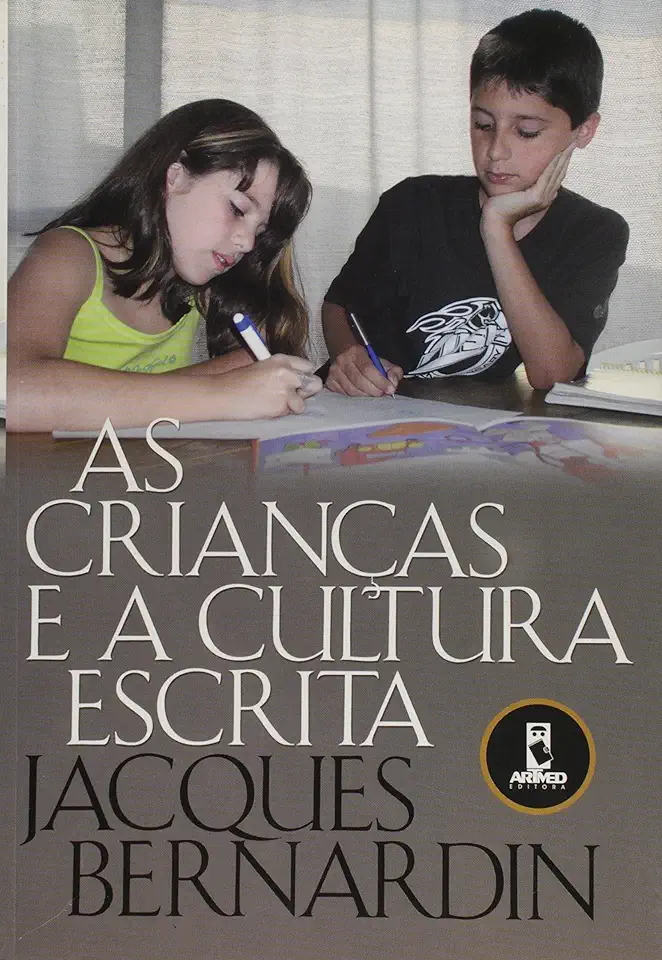
Children and Written Culture - Jacques Bernardin
Children and Written Culture: Literacy in the Lives of Children
Introduction
In his groundbreaking book, "Children and Written Culture: Literacy in the Lives of Children," Jacques Bernardin presents a comprehensive and thought-provoking exploration of the role of written culture in the lives of children. Drawing upon extensive research and real-world examples, Bernardin argues that literacy is not simply a set of skills to be acquired, but rather a complex and multifaceted phenomenon that shapes children's cognitive development, social interactions, and personal identities.
The Power of Written Culture
Bernardin begins by highlighting the profound impact of written culture on human societies. He argues that writing has revolutionized the way we communicate, learn, and store information, and has played a pivotal role in the development of civilization. For children, written culture offers a gateway to a vast world of knowledge, imagination, and self-expression.
Literacy as a Social Practice
Bernardin challenges the traditional view of literacy as a purely individual skill. He emphasizes that literacy is a social practice, deeply embedded in cultural and historical contexts. Children learn to read and write not in isolation, but through interactions with parents, teachers, peers, and the broader community. Literacy, therefore, becomes a means of social participation and cultural transmission.
The Role of Play in Literacy Development
Bernardin dedicates a significant portion of his book to the role of play in literacy development. He argues that play is not merely a frivolous activity, but rather a crucial context for children's learning and development. Through play, children experiment with language, explore different roles and identities, and develop their imaginations. Bernardin provides numerous examples of how play can be harnessed to foster literacy skills and engagement.
Literacy and Identity Formation
Bernardin explores the intricate relationship between literacy and identity formation in children. He argues that literacy plays a central role in shaping children's self-concept, their understanding of others, and their place in the world. Through reading and writing, children develop a sense of agency and empowerment, and begin to construct their own unique identities.
Implications for Education
Bernardin concludes his book by discussing the implications of his research for education. He argues for a holistic approach to literacy education that goes beyond the teaching of basic skills. Educators, he contends, should foster a love of reading and writing, create opportunities for authentic literacy experiences, and recognize the importance of play and social interaction in literacy development.
Conclusion
"Children and Written Culture" is a seminal work that offers a fresh and insightful perspective on the role of written culture in the lives of children. Bernardin's comprehensive analysis and compelling arguments make this book essential reading for educators, researchers, parents, and anyone interested in understanding the complex relationship between literacy and child development.